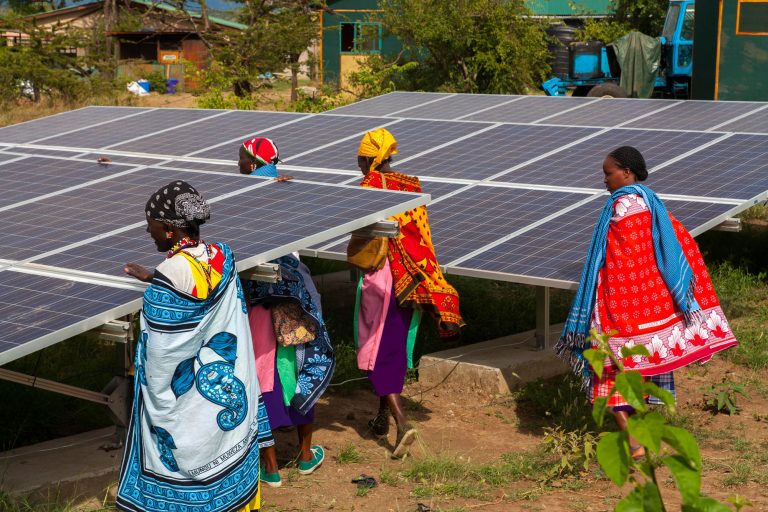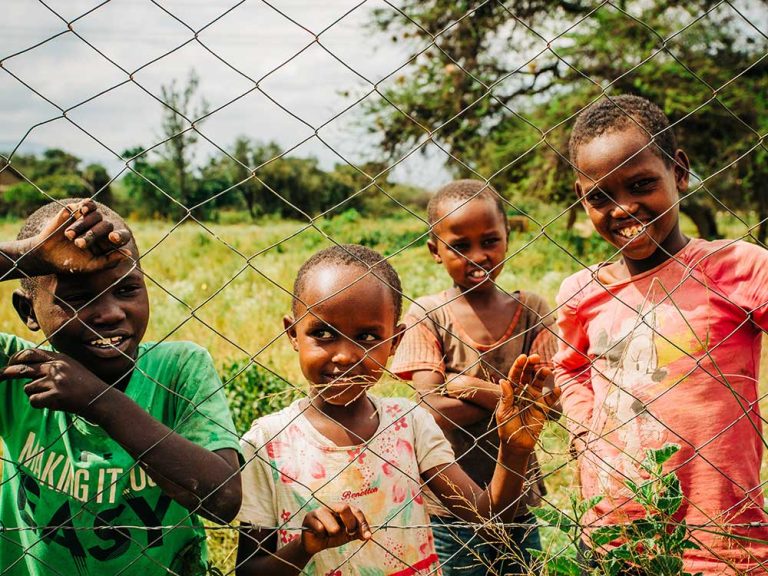Global environmental challenges require more than awareness—they demand proactive, inclusive, and innovative systems. CRECCLEP rises to this call with a comprehensive, multi-sectoral framework that tackles the climate crisis through legislation, education, advocacy, and infrastructure planning. Its approach bridges the gap between policy and action, ensuring that knowledge translates into tangible, community-level impact.
True climate action begins when knowledge, policy, and community unite to create lasting, positive change.
Fidel Bedi.
At the heart of CRECCLEP’s strategy is recognizing that climate action must engage every layer of society. By working with legislators, private sector leaders, educators, and civil society, the program ensures that environmental resilience becomes embedded in governance and grassroots initiatives. It is not a one-off training scheme but a sustained capacity-building effort that changes how institutions and individuals respond to climate challenges.
The initiative focuses on eight critical sectors that form the backbone of sustainable development: agriculture and food security, water and sanitation, transport and infrastructure, renewable energy access, climate and legal frameworks, green finance, the blue economy, and media and technology. Each of these sectors is vital for building resilient communities, and CRECCLEP ensures that participants understand their interconnectedness. Training is designed to show, for example, how improving agricultural practices can conserve water resources, or how transport systems can be redesigned to reduce emissions. By weaving environmental strategies into every decision-making arena, CRECCLEP creates systemic change with long-term benefits.
A distinctive feature of the program is its commitment to innovative financing. It encourages developing and adopting green finance tools such as climate bonds, renewable energy investment portfolios, and fiscal incentives for sustainable enterprises. This financial perspective ensures that environmental action is an expense and an economic opportunity. The program also champions the Blue Economy, recognizing the untapped potential of oceans, lakes, and rivers to support livelihoods when managed sustainably. From promoting eco-tourism to encouraging sustainable fishing, this approach aligns environmental protection with economic growth.

The program’s scope is as ambitious as its vision. Across four phases, CRECCLEP will deliver 88 capacity-building events, each culminating in the certification of Climate Champions. These graduates are not passive learners but active advocates equipped with the knowledge and skills to influence legislation, direct organizational strategy, and inspire community action. Post-training impact reports ensure transparency and accountability, documenting real-world changes initiated by alums.
Ultimately, CRECCLEP is more than a climate initiative—it catalyzes meaningful transformation. Uniting knowledge, policy, and community action creates a powerful framework for sustainable change. The program equips leaders with the tools to influence legislation, shape organizational strategies, and inspire grassroots action. This holistic approach ensures that environmental resilience is discussed and actively implemented across multiple sectors. As societies face the growing challenges of the 21st century, CRECCLEP prepares them to adapt, innovate, and thrive. It represents a forward-looking collaboration model, empowering communities to protect the planet while securing a sustainable future.




